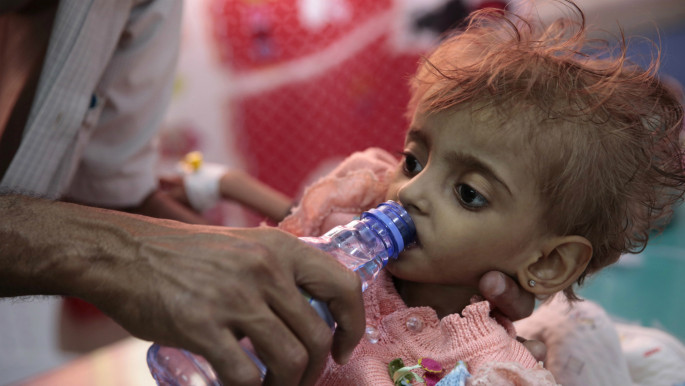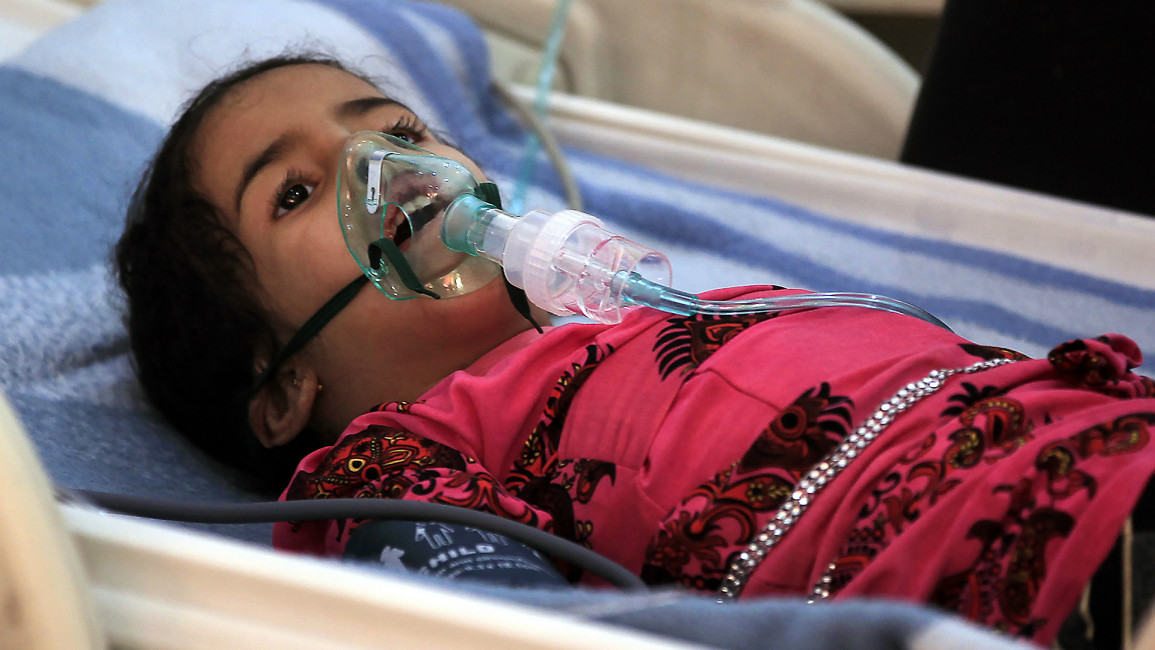UN member states 'must end deafening silence' over Saudi Arabia abuses
Amnesty International has called on United Nations member states to hold Saudi Arabia to account for human rights abuses in Yemen and at home amid pressure over the murder of critic Jamal Khashoggi.
The UN Human Rights Council will hold its first universal review of Saudi Arabia since 2014 on Monday as Riyadh grapples with the fallout from the killing of journalist Khashoggi in its Istanbul consulate last month.
"UN member states must end their deafening silence on Saudi Arabia and do their duty of scrutinising the cruelty in the kingdom in order to prevent further outrageous human rights violations in the country and in Yemen," Samah Hadid, Amnesty International's Middle East director of campaigns, said in a statement.
"The Saudi government's long-standing repression of critics, exemplified by the extrajudicial execution of journalist Jamal Khashoggi last month, has until recently been wilfully ignored."
Read also: Saudi embassy road in London 'renamed Khashoggi Street'
Since 2015, Saudi Arabia has been heading a coalition claiming to battle the Houthi rebels in war-torn Yemen in support of the internationally recognised government.
Western powers have been pressured to end their arms support for the Saudi-led coalition whose drawn out intervention in Yemen has cost more than 50,000 civilians lives, according to rights groups, and pushed more than seven million Yemeni children to the brink of famine.
 |
|
| Read more: 'Ending the war won't save them': Seven million Yemeni children face threat of famine |
"Today, 1.8 million children under the age of five are facing acute malnutrition, and 400,000 are affected by severe acute malnutrition," UNICEF regional director Geert Cappelaere said.
"Ending the war is not enough," he added.
Read more here: Emaciated girl who symbolised Yemen's famine dies aged seven
With her ribcage jutting out and dark haunting eyes, the image of Amal Hussain lying on a hospital bed, published in the New York Times last week, summed up the desperate crisis in Yemen.
On Thursday, Amal's family said she died at a refugee camp four miles from the hospital.
"My heart is broken," her mother, Mariam Ali, told the Times. "Amal was always smiling. Now I'm worried for my other children."
Times journalists first met Amal at a health centre in Aslam, 90 miles northwest of the capital Sanaa.
"She was lying on a bed with her mother. Nurses fed her every two hours with milk, but she was vomiting regularly and suffered from diarrhea," Declan Walsh wrote.
"Dr Mekkia Mahdi, the doctor in charge, sat by her bed, stroking her hair. She tugged on the flaccid skin of Amal's stick-like arms. 'Look,' she said. 'No meat. Only bones.'"
Some 22 million, three quarters of the population, are in need of food aid.
The UN said a day earlier it aimed to relaunch the talks within a month, after a previous attempt collapsed in September when the rebels refused to attend.
Riyadh in September slammed a critical UN rights mission report on Yemen as inaccurate in a move Human Rights Watch said was aimed at shutting down investigations.
Saudi authorities have also come under scrutiny for alleged domestic rights violations as Crown Prince Mohammed bin Salman has tightened his grip over the oil-rich country.
Despite a high-profile modernisation drive aimed at improving Saudi Arabia's image and attracting foreign investment, rights groups have detailed a crackdown on activists, increase in executions and discrimination against the Shia minority.



